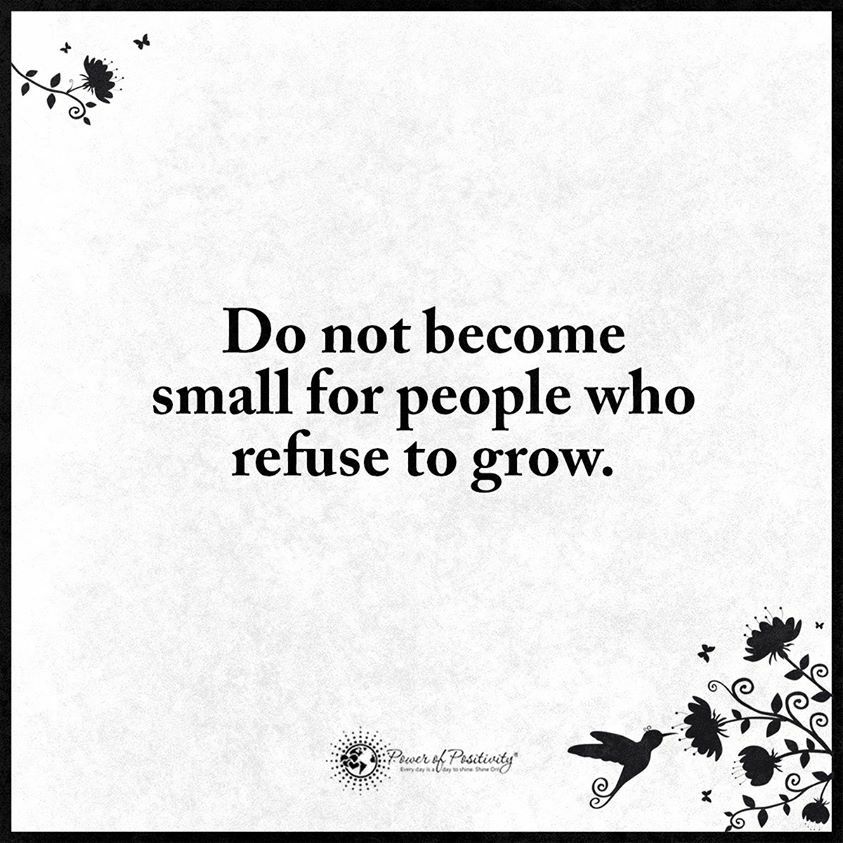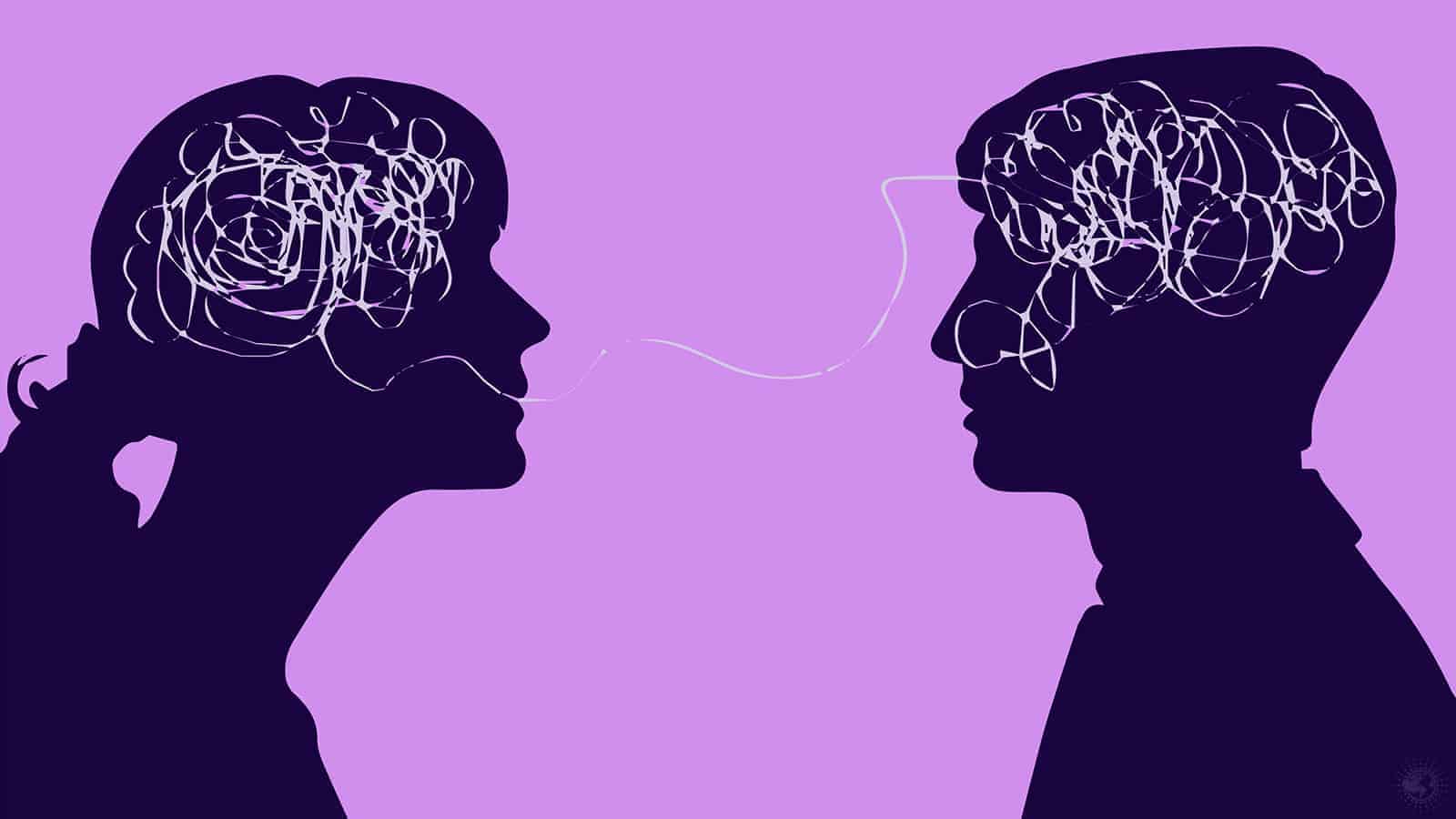Have you experienced emotional trauma? Traumatic events happen to everyone in life. Whether it be the tragic loss of a loved one or a cheating spouse, it’s hard to get over being hurt.
In many instances, trauma causes physical problems like a broken arm or leg, but physical issues will heal. It’s the emotional and psychological problems that can take a lifetime to get over. Trauma imprints itself into your mind, and it can affect your physical well-being.
Many of the scars you have might have come from a rocky childhood. You may replay the events like a video loop that never stops. The constant strain and anxiety that these images create can devastate your mental and physical health.
How do you change from a victim’s role to a victor over the things that have happened to you? It’s not easy, but it can be done.
What Is An ACE?
ACE stands for Adverse Childhood Experiences. If you were in the foster care system, suffered from physical, sexual, or verbal abuse, as well as any other horrific event, it can leave a lasting impression on your brain. Did you know that people who have experienced childhood trauma are more likely to develop a substance abuse issue?
Your childhood experiences have a significant impact on your future. Mental health professionals score a person on the ACE table to see their risk of future issues. Those who score really high on this test are the ones who are in danger of violence and perpetration, while those that score lower may have depression and anxiety.
Anything traumatic that happens to you before you reach the age of 18 is an ACE, and it can affect your future. Things like teenage pregnancy, serious injuries, attempted suicides, sex trafficking, and being sexually deviant can all have a severe impact on your psyche.
When the Past Won’t Release Its Hold on Your Future
Have you ever heard someone tell their life’s story? It’s the part of their past that they allow you to experience. However, for everything they tell you, there are many more hurtful things that they do not say.
There are things that each person has been through that they bury so deep that they don’t tell anyone. These are often referred to as “skeletons in the closet.” The only problem with these issues is that they sit in the corners of your mind, and they fester.
Most people don’t like going to the dentist’s office. You dread the needles coming close to your tender gums and the irritating noise created from the drill. However, when you have a cavity causing the nagging pain, you will do anything to stop the hurt.
You build the experience up in your mind till you’re almost in a full-blown panic attack by the time you reach the dentist’s chair. Thankfully, there is a moment when that rotten tooth is extracted that the pain suddenly stops. You feel that all the struggle to get to this point was worth it because you had a resolution.
Your past experiences are much like that to you. You’ve magnified them and went over them time and again until you’ve almost driven yourself crazy. Then, there’s the time when you learn to let them go.
The relief you feel when you no longer allow the past to dictate your tomorrow is a remarkable feeling, but it doesn’t happen overnight. Walk into any substance abuse rehabilitation center across the country, and you will be stunned by the stories you hear. These people don’t want to live this kind of life.
They want help with the inner pain they feel. Most of these individuals are trying to self-medicate to make the emotional turmoil and internal pain stop.
11 Ways Emotional Pain Causes Physical Issues
Your mental well-being is essential. Whether you’ve witnessed a violent crime, suffered through a natural disaster, or were bullied every day you were in school, it can cause you a lifetime of pain. Do you know that it can be responsible for the physical ailments you have too? Here are the top health problems caused by emotional trouble.
1. Anxiety
There are 40 million people in this country between the ages of 18-54 that suffer from anxiety. Anxiety comes in various degrees, from mild to debilitating. A car accident can give a person such bad stress that they fear getting behind the wheel again. Anxiety is an unrealistic fear of things that probably won’t occur.
2. Obesity
While some people medicate their troubles with drugs or alcohol, others will use food. Your emotional trauma gives you a greater risk of gaining weight. More than 40 percent of the population in this country is obese, and at the crux of much of this is an underlying emotional trauma.
3. Heart Problems
Heart disease is the number one killer. While the American Heart Association doesn’t list obesity as the problem, it’s the most common cause of heart disease. If you’re overeating to help your mental well-being, then it can kill you.
4. Substance Abuse Disorders
Did you know that 75 percent of individuals who have survived abuse or violent trauma will have issues with substance abuse? The numbers are staggering when you consider how full the treatment centers are across the country.
5. Post-traumatic Stress Disorder (PTSD)
You’ve probably heard of PTSD from soldiers who fought in a war. They often see things so horrible that they can’t get them out of their mind. The diagnosis of this anxiety-related disorder became increasingly popular after Vietnam.
PTSD causes a person to have flashbacks and relive the trauma time and again. You don’t have to go to war to have PTSD, as you can have it from being in a car accident or a victim of a violent crime.
6. Depression
Depression is an epidemic these days, and the emotional trauma that many people experience makes them more susceptible. There are more than 350 million people in this world that suffer from depression, and many of them are suffering from emotional distress.
7. Diabetes
Diabetes can be genetic, or it can be caused by a poor diet. Obesity, heart disease, and diabetes all run together when someone is trying to self-medicate with food. Emotional trauma can cause you to eat massive amounts, or you may starve yourself. There’s no rhyme or reason as to why the body does certain things.
8. Personality Disorders
There are currently ten personality disorders recognized by the American Psychiatric Association. These disorders often stem from deep emotional trauma suffered as a child. They can cause instability in moods, violent behavior, poor self-image, and problems functioning in everyday life.
9. Strokes
Ruminating about emotional traumas can cause your blood pressure to rise. While stress and trauma won’t directly cause a stroke, it can indirectly cause the issues that can lead to one. Any self-medication such as smoking, drinking, overeating, or taking illegal drugs also increases your chance of a stroke.
10. Sleep Disturbances – Night Terrors
Another problem that can come about with trauma is issues with sleep. Take, for instance, a child that was sexually abused at night. Even in their adult years, they may be unable to sleep well at night for fear of what might happen.
The risk of abuse repeating itself is long gone, but the traumatic experience is forever notched in the brain.
11. Muscle Aches and Pains
When you’re under stress, your body can feel the pain of the inner turmoil. Your muscles store energy, whether good or bad. Have you ever been to a chiropractor because your back kept slipping out of place? Stress is a significant part of your body’s inability to function normally.
How many times do you get headaches or neck pain when you are under stress? Emotional trauma can put you in a state of constant pressure, and your body can feel the effects of the higher cortisol levels.
Final Thoughts on Recovering from Emotional Trauma
While it’s easy to see that there are many ways that any emotional trauma you have suffered can cause you pain. But it is also nice to know you don’t have to live that way. Therapy can give you the keys you need to lose the chains of trauma that bind you.
You don’t have to be a victim anymore. You can overcome the events of the past so that they do not hold you back from a bright future anymore. Your mental well-being is counting on you to take the first step towards healing.
















 Community
Community

